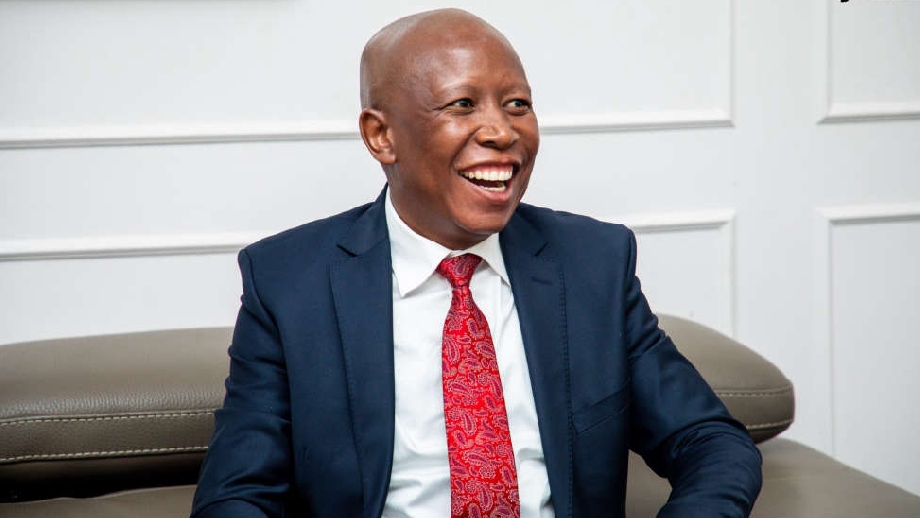
Julius Malema, the leader of South Africa's Economic Freedom Fighters (EFF), has hailed Nigeria's pivotal role in his country's fight against apartheid.
Malema made his remarks during the opening of the 2025 Annual General Conference of the Nigerian Bar Association (NBA) in Enugu.
He also used the platform to deliver a strong condemnation of xenophobia, calling it a "betrayal of African unity."
"We understand history, feel solidarity, and appreciate the sacrifice made by others in the course of our history. Nigeria is not just another African country to us," he said.
The EFF leader recounted how Nigeria stood as "a giant for justice" during South Africa's "darkest hour," highlighting Nigeria's efforts, including the establishment of the Southern African Relief Fund, which mobilized citizens to contribute millions of dollars to the liberation struggle.
He specifically recalled how Nigerian students, through a "Mandela Tax," sacrificed a portion of their income to support an educational training program for Black South Africans.
He also noted that the Nigerian government boycotted the 1976 Olympic Games and the 1979 Convention of the Multiculturalists in protest of apartheid.
"When Nelson Mandela was released from prison in 1990, one of his earliest international visits was to Lagos and Abuja to personally thank the Nigerian people," Malema said. "These gestures are the foundation of a bond sealed in blood and sacrifice."
While acknowledging the deep historical ties, Malema stressed that the bond between the two nations must be carried forward into "concrete economic collaboration."
He urged both countries, which he described as the "giants of the continent," to work together to tap into each other's strengths.
He identified key areas for cooperation, including mining, advanced infrastructure, financial systems, and cultural dynamics.
Malema lamented that despite the abundant natural resources, both Nigeria and South Africa remain "trapped in neo-colonial arrangements" where raw materials are extracted cheaply and sold back as expensive finished goods.
He proposed a joint effort to process resources on African soil, suggesting a program where South African mining expertise could be combined with Nigerian oil wealth.


